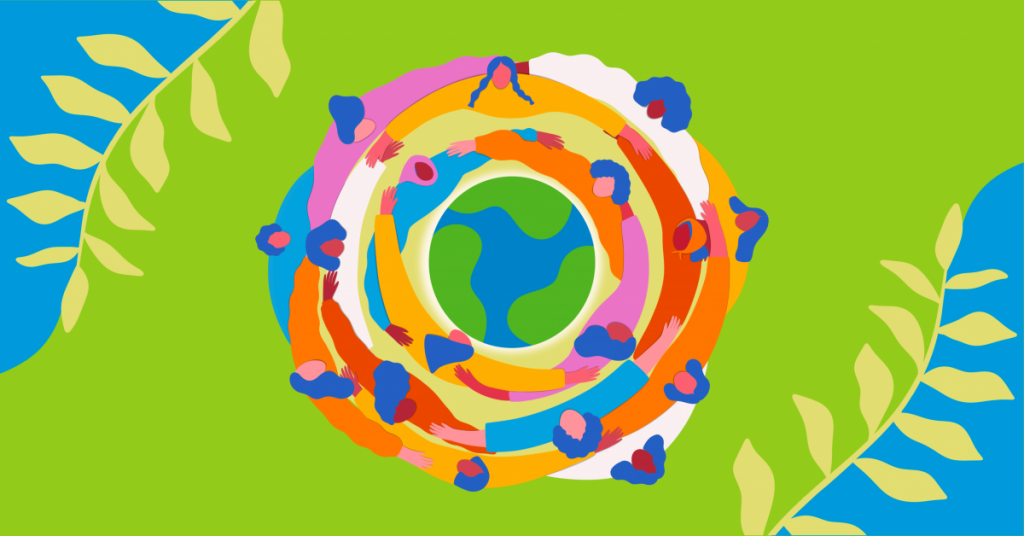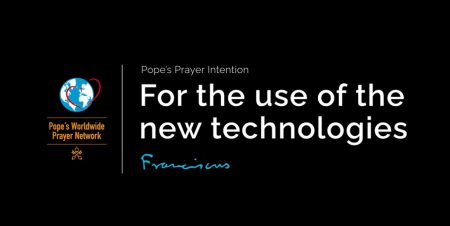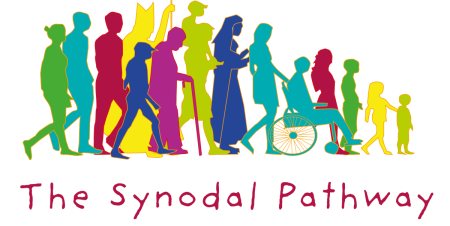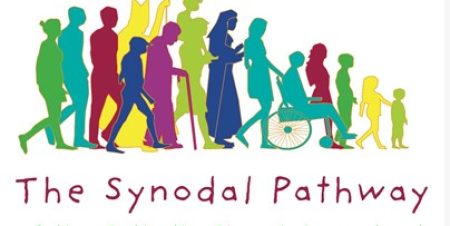
For nearly half a century, the United Nations has observed March 8th as International Women’s Day.
The theme this year is “Gender equality today for a sustainable tomorrow”
“There is neither Jew nor Greek, there is neither slave nor free person, there is not male and female;
for you are all one in Christ Jesus” (Galatians 3:28).
For nearly half a century, the United Nations have observed March 8 as International Women’s Day. The day is an opportunity for us to pause, and to reflect on the reality that we live in a world that remains unequal for half of humanity. This stark truth is that women and girls who represent this half, constitute some of the most vulnerable in our society. Yet, they are the ones who continue to be ‘left behind’. This is despite their vital contribution to human and ecological development.
The critical contribution of women and girls in responding to a future that is sustainable for generations to come, is marked in this year’s theme for International Women’s Day: “Gender equality today for a sustainable tomorrow”.
Tomorrow, March 8 International Women’s Day, let us reflect and pray together for a world free from inequality, inequity and injustice as experienced by women and girls across our planet.

UN Universal Principle 2: “Leave no-one behind”
Last year AMRI hosted a webinar in support of Fr. Edward Flynn C.S.Sp and Sr. Mirjam Bieke RGS, who advocate internationally on behalf of the women and girls who experience Obstetric Fistula and for the prevention of this condition:
“Women carry all the risks of childbirth. One of the great risks for pregnant women is a childbirth injury known as obstetric fistula. This devastating condition leaves many young women and girls with a persistent disability unless they receive a repair operation. The prevention of this condition is the result of the development of medicine and specialized emergency obstetric care and is common in prosperous societies with universal healthcare. Preventive measures for such a condition are not available in many countries in South Asia and Africa. On the 8th of March [International Women’s Day], we continue to work with new energy for the rights of all women and to bring the attention of the international community to the reality of the lives of those women living with obstetric fistula, urging all states to commit to the prevention of this condition in our world”
(Fr. Edward Flynn, C.S.Sp)








